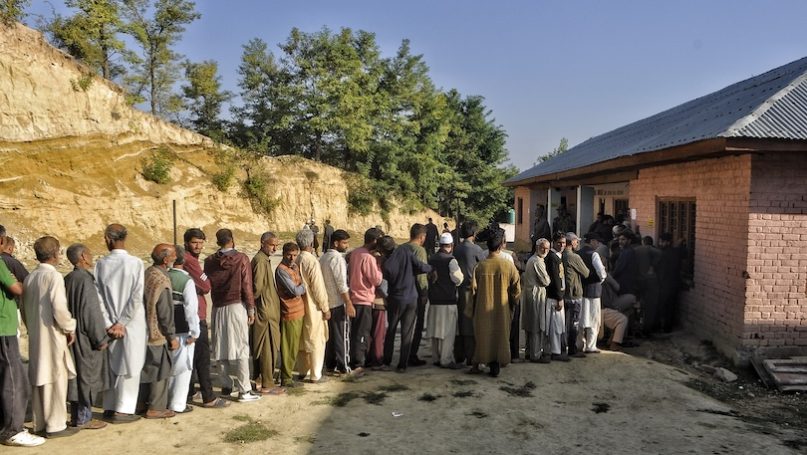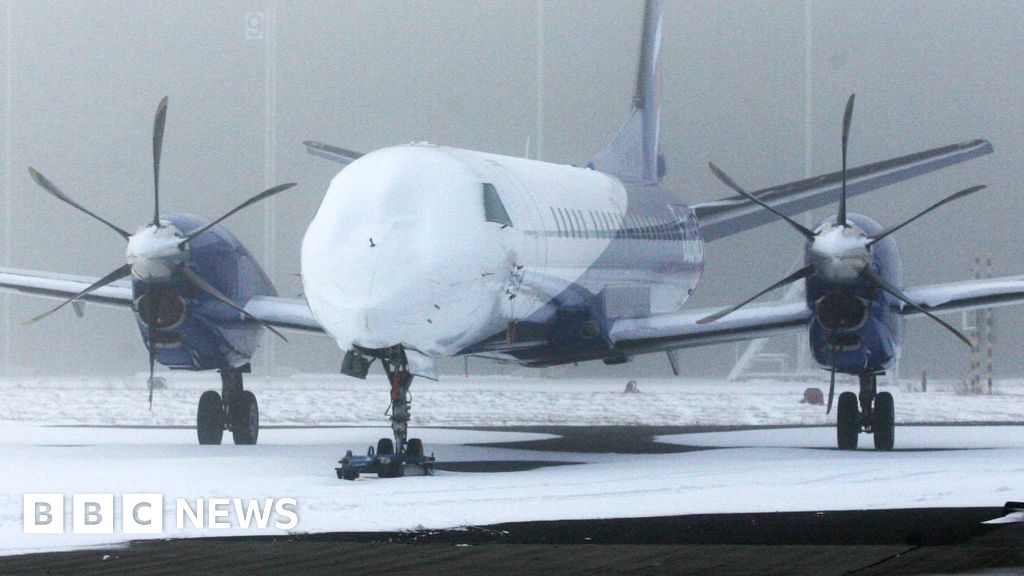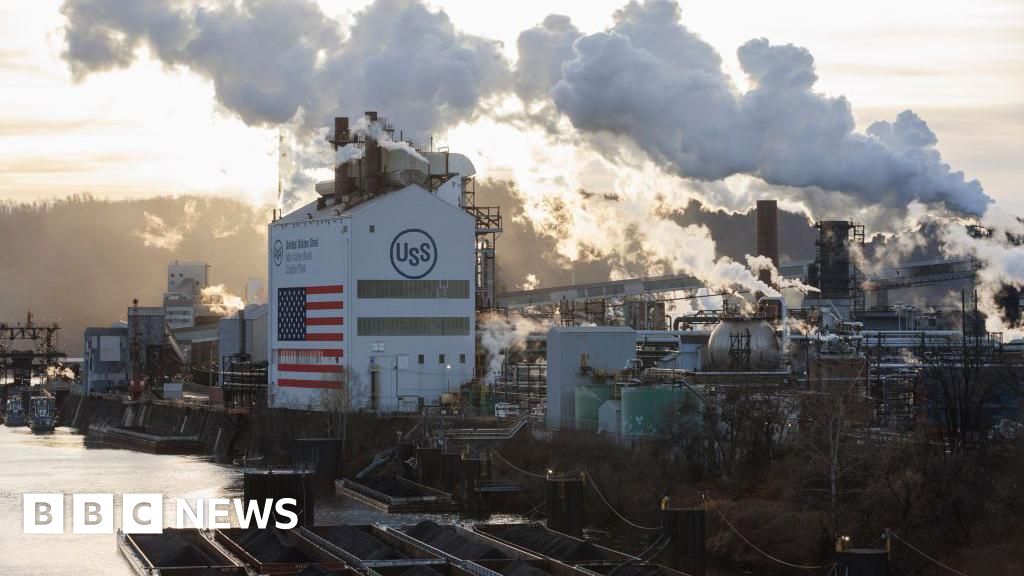
Sahil251/Shutterstock
India-administered Kashmir is the most northern portion of the Indian subcontinent. “Kashmir” derives etymologically from the Sanskrit Kashmira i.e. land desiccated from water. There are alternative derivations in which Kashmir either means kashyapa-mir (Kashyapa’s Lake) or kashyapa-meru (Kashyapa’s Mountain). It is scarcely surprising that this etymological confusion belies a much deeper historical bifurcation of a contested region. Until the mid-19th century, the term “Kashmir” referred only to the Kashmir Valley but today (geographically) all of modern Kashmir encapsulates the India-administered territories (Jammu, Kashmir, Ladakh) the Pakistan territories (Azad Kashmir, Gilgit-Baltistan) and the Chinese-held Aksai Chin, Trans-Karakoram Tract. I had the opportunity during 2024 to be part of a remote election observation exercise from Cambridge University, working closely with the NGO community in Kashmir’s first post-autonomy elections
The modern region of what we loosely call “Kashmir” is a living conundrum of a post-colonial imbroglio. India calls the territory under Pakistan control, “Pakistan-occupied Kashmir” while Pakistan denotes the other as “Indian-occupied Kashmir”. In 1987 the Indian administration, fearful of Pakistan, was accused of meddling in Kashmir’s elections to block pro-independence candidates. In response, a coalition of popular parties at that time boycotted the elections. Several leaders fled to Pakistan, where they marshalled an armed revolt against India. It spawned waves of violence and political militancy from the 1990s onwards.
There are vast areas of disputed territory and some shared territory under Indian and Pakistani control respectively. Neither India nor Pakistan have formally recognised accession by the other. Predictably, this made the election all the more significant in the minds of parties and people. India occupies the area “ceded” to China by Pakistan in the Trans-Karakoram Tract in 1963, and Pakistan claims the entire region excluding Aksai Chin and Trans-Karakoram Tract. They have gone to war on numerous occasions. Indeed, the Indo-Pakistani War of 1947 forced the current boundaries, with Pakistan securing about one-third of Kashmir, and India one-half, with a dividing line set by the UN after the Indo-Pakistan war. It is a territorial and electoral mess. In the words of an election worker with the Election Commission:
The entire territory is a rich interweaving of history, cultures and politics. You have a sense when you are putting up polling stations in the local schools and regional buildings that you are delving into a really unique set of peoples… It is a journey that actually seems a bit like a political accident as much as anything else, but the fierce regional and ethnic loyalties largely prevent any of the communities from saying that the territory is less than a natural geography … we are almost an accident of history … that makes it seem like we are less than the sum of our parts. We manage this electorally. We administer what is the result of this history … It is the job of the electoral commission to roll out the full authority of the election administration mandate without fear or favour. We very rarely have any question raised about the work of any of our staff, even in the most remote or contentious places.
In the weeks before the election, bumper voting was widely anticipated as an anti-Modi protest. It was felt that anti-Modi elements would actually advocate voting in potential insult to Modi and to give the best possible opportunity to beat him. The elections were timely since these were the first polls since the suspension of statehood five years ago. Widespread state-repression had followed that termination of the relative political freedom experienced across Kashmir. “This election is important because there is utter disillusionment amongst people,” said Iltija Mufti, daughter of former chief minister Mehbooba Mufti, whose party was once in alliance with the BJP. She continued, “We are at a crossroads in our history, people have not felt such deep alienation before. They feel disempowered and dispossessed.” For the Hindu Bhartiya Janata party (BJP), Kashmir had been a central pledge even if it could only be forced by anti-terrorism and anti-press laws. A village leader I spoke to described it thus:
It is nothing less than a crossroads in our history. Voters in the state see the upcoming polls as an opportunity to finally get back their voice, after years of having their voting rights silenced. The Modi government had bitterly resisted holding the polls but he has finally had to give in and accept the legal judgement mandated by the supreme court earlier this year, with a September deadline. He has held out to the end and we hate him for that… We hope he gets a punch in the nose. The BJP claim they would “sweep” the polls but widespread resentment has left them contesting less than a third of the 90 assembly seats, mostly focused in the only Hindu-majority area of Jammu, and they are expected to win fewer than in the 2014 polls.
Despite calls for boycotts by separatist and terrorist entities, candidates from a multitude of parties, including those who favour greater independence for Kashmir, have actively participated in the 2024 election. Modi initially hailed the elections as proof that Kashmiris have given up their aspiration for independence. Yet, many feared that the Modi government was trying to change the Muslim-majority demography of Kashmir, and so were anxious to back their own leaders and turn out to vote. So far from showing deference to Modi’s plans for elections, they were playing him at his own game, and mobilising in opposition.
In the event, elections to the Jammu and Kashmir Legislative Assembly were held without much incident between 18 September – 1 October 2024. The polls, as in the past, were conducted in 3 phases to elect its 90 seats. The INDIA alliance, made up of the Jammu and Kashmir National Conference (JKNC), the Indian National Congress (INC) and the Communist Party of India (CPI(M)), won a majority- some 49 of the 90 seats, with the JKNC gaining the highest number. The Bhartiya Janata Party (BJP) secured by far the largest share of the popular vote. Foreign diplomats were allowed to observe the election but overseas journalists were excluded. Nevertheless, there was relative transparency in the actual conduct of polling. Local journalists reported few accounts of election malpractice and domestic observers seem to have been comparatively happy with the conduct of the National Election Commission. JKNC has emerged as the single largest party, winning 42 seats with BJP gaining 29. JKNC’s Leader, Omar Abdullah became chief minister on 16 October. All parties will be relieved that election-related violence was restrained, and that the INDIA alliance have solid opposition.
It remains to be seen how post-election politics may play out, especially as these post-autonomy polls offer no solution for the geopolitical predicament that is Kashmir. It remains a territory which is simultaneously enclave and exclave, with deep fissures that are seemingly all but impossible to resolve.
Further Reading on E-International Relations
About The Author(s)
Martin Duffy has participated in more than two hundred international election and human rights assignments since beginning his career in Africa and Asia in the 1980s. He has served with a wide range of international organizations and has frequently been decorated for field service, among them UN (United Nations) Peacekeeping Citations and the Badge of Honour of the International Red Cross Movement. He has also held several academic positions in Ireland, UK, USA and elsewhere. He is a proponent of experiential learning. He holds awards from Dublin, Oxford, Harvard, and several other institutions including the Diploma in International Relations at the University of Cambridge.
Before you download your free e-book, please consider donating to support open access publishing.
E-IR is an independent non-profit publisher run by an all volunteer team. Your donations allow us to invest in new open access titles and pay our bandwidth bills to ensure we keep our existing titles free to view. Any amount, in any currency, is appreciated. Many thanks!
Donations are voluntary and not required to download the e-book - your link to download is below.

 Movie
Movie 2 months ago
48
2 months ago
48 





![Presidents Day Weekend Car Sales [2021 Edition] Presidents Day Weekend Car Sales [2021 Edition]](https://www.findthebestcarprice.com/wp-content/uploads/Presidents-Day-Weekend-car-sales.jpg)



 English (United States)
English (United States)